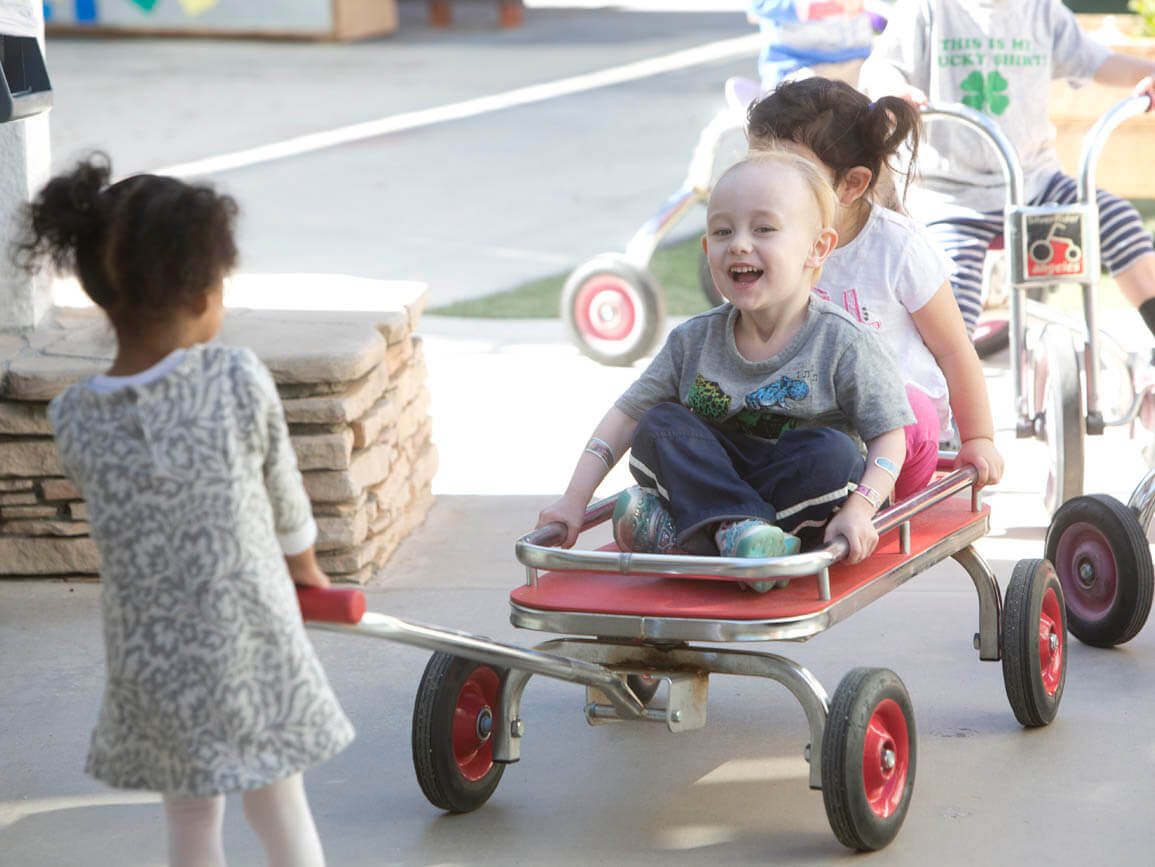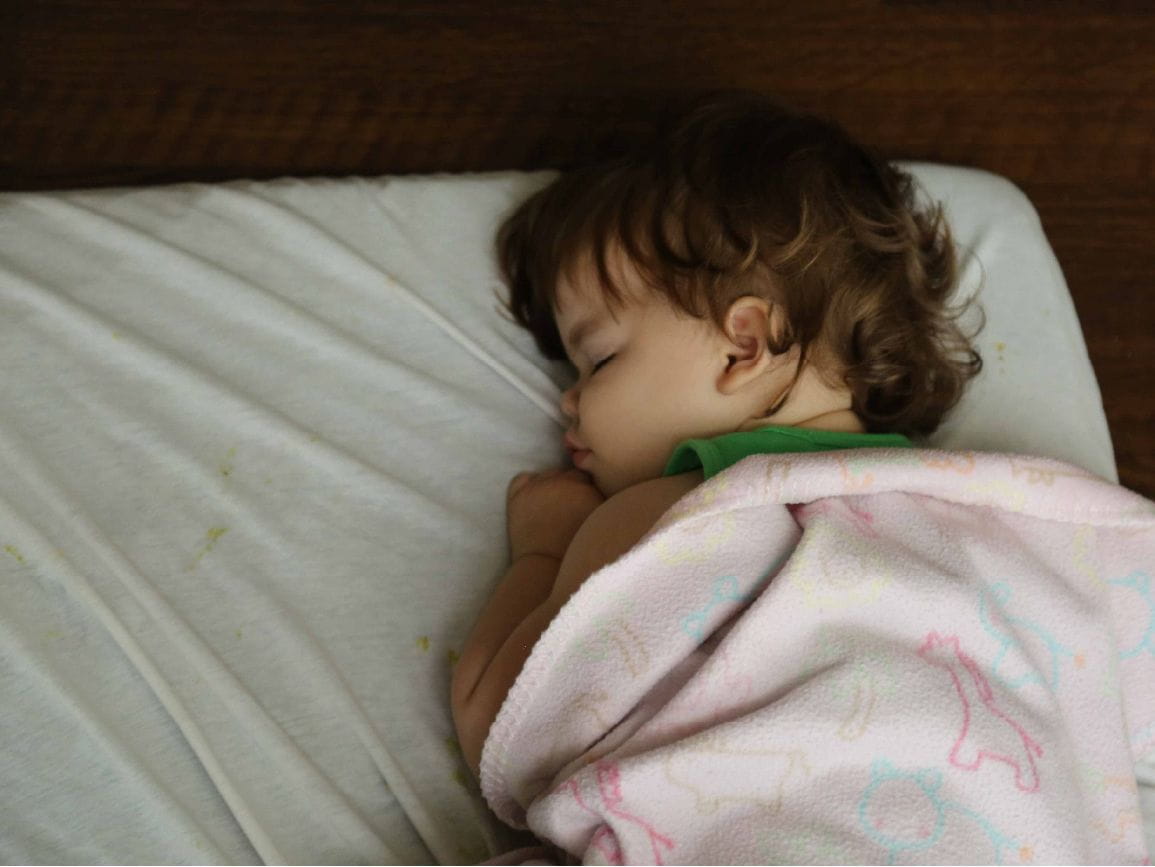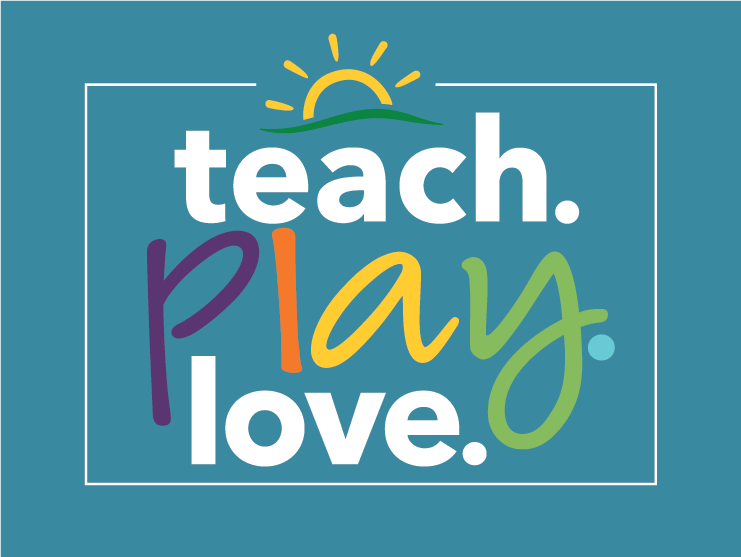Most of us, and especially children, appreciate some level of predictability in our lives. Children need time to process all of the information that they are exposed to and appreciate daily routines that offer a sense of security and safety.
So how then do we help children handle change—both the big changes (new sibling, family illness, new school) and the little changes (new breakfast foods, new morning routine, new shoes)?
Tips for Helping Children Cope with Change
- Give advanced warning. Discuss what’s happening honestly, but positively, "My work needs me to move to a place called Georgia. I feel a little scared, but I’m excited about a new adventure too. Will you help us pick out a new house?”
- Maintain consistency. During a big change, like adding a sibling to the family, try to keep as much the same as possible. Wait, for example, to move your child from a crib to a bed.
- Answer questions. Children often have many questions and may ask the same question repeatedly. This is one way children gain mastery over a situation and build resilience. Keep answers simple, age-appropriate and positive. Be honest if you don’t know the answer to a question.
- Expect some regression. During times of change, children may regress to earlier behaviors. For example, a child who was toilet trained may revert back to having accidents. This is normal.
- Accept grieving. Children may grieve changes, even happy ones such as a move or the birth of a sibling. Listen, don't be too quick to distract, acknowledge emotions, and remind them of all the positives.
- Read children’s picture books. Reading books together is one way to restore a sense of connection, safety, and peace. Read a wide range of books, including a few that relate to your specific situation. Look for books with adult and child characters who work together to overcome difficult things.
- Play together. Play is one of the best ways for children to work through stress and change. Head outside for a game of tag or gather some leaves. Make cookies, play a board game or engage in pretend play. Play is good for both children and adults!
Additional Resources about Children & Change:
- This Bright Horizons guide will help you ensure children feel safe through turbulent times and tragic events: What Happened to MY World?
- Find tips for building resilience in children so they are better able to cope with challenges.





